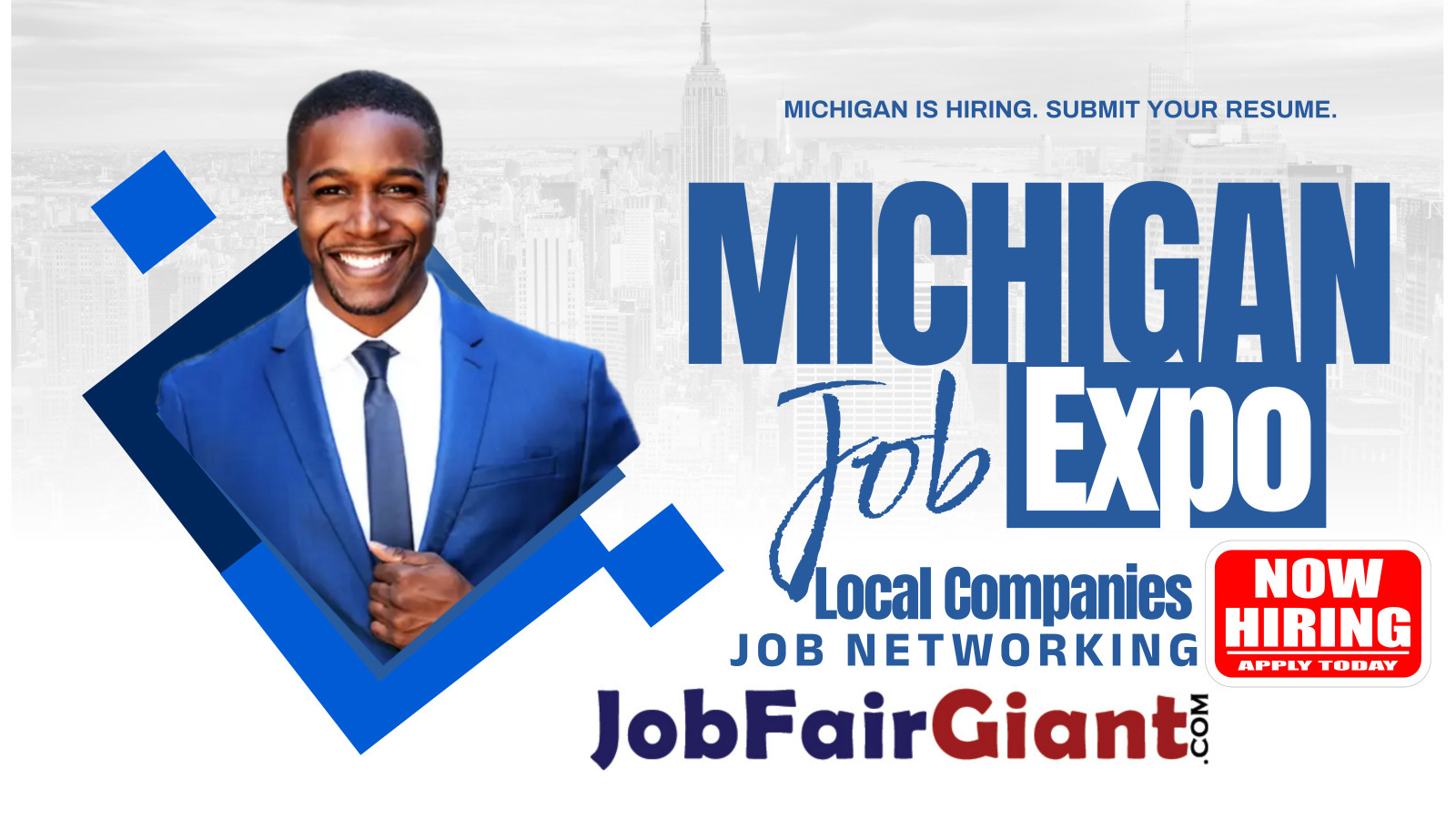Michigan AI Employment Shift
Michigan's job market is witnessing a significant transformation due to the emergence and integration of Artificial Intelligence (AI). The rapid development of AI technologies, particularly generative AI, is reshaping how work is conducted across various sectors. These advancements bring both opportunities and challenges to the employment landscape in Michigan.

On the one hand, AI has the potential to dramatically enhance productivity and efficiency in the workplace. For example, AI applications are enabling faster research and preparation in fields like law, suggesting a future where more complex and analytical tasks will be the focus of human workers. This mirrors historical trends like the industrial revolution, where technological advancements didn't eliminate jobs but rather shifted the nature of work and spurred economic growth.
However, there's also concern about AI leading to job displacement, especially in roles that involve routine or repetitive tasks. Jobs like paralegals, content writers, and graphic designers may be significantly affected as AI tools become more capable of performing these tasks. The rapid pace of technological development could outstrip workers' ability to adapt, leading to challenges in retraining and transitioning to new roles.
Addressing these challenges requires a multi-faceted approach, including investment in education and training programs to equip the workforce with skills relevant in an AI-driven economy. Additionally, legislative and policy measures may be needed to support workers transitioning to new types of jobs.
Michigan's response to these AI-induced changes will be crucial in determining how well its workforce adapts to the new technological era and how it capitalizes on the opportunities presented by AI while mitigating its potential negative impacts on employment (Center for Academic Innovation) (LSA UMICH Sites).
“Interview Outcomes: A decision is often made within the first 15 minutes.”







.jpg)
.jpg)
Feel Free To Contact Us